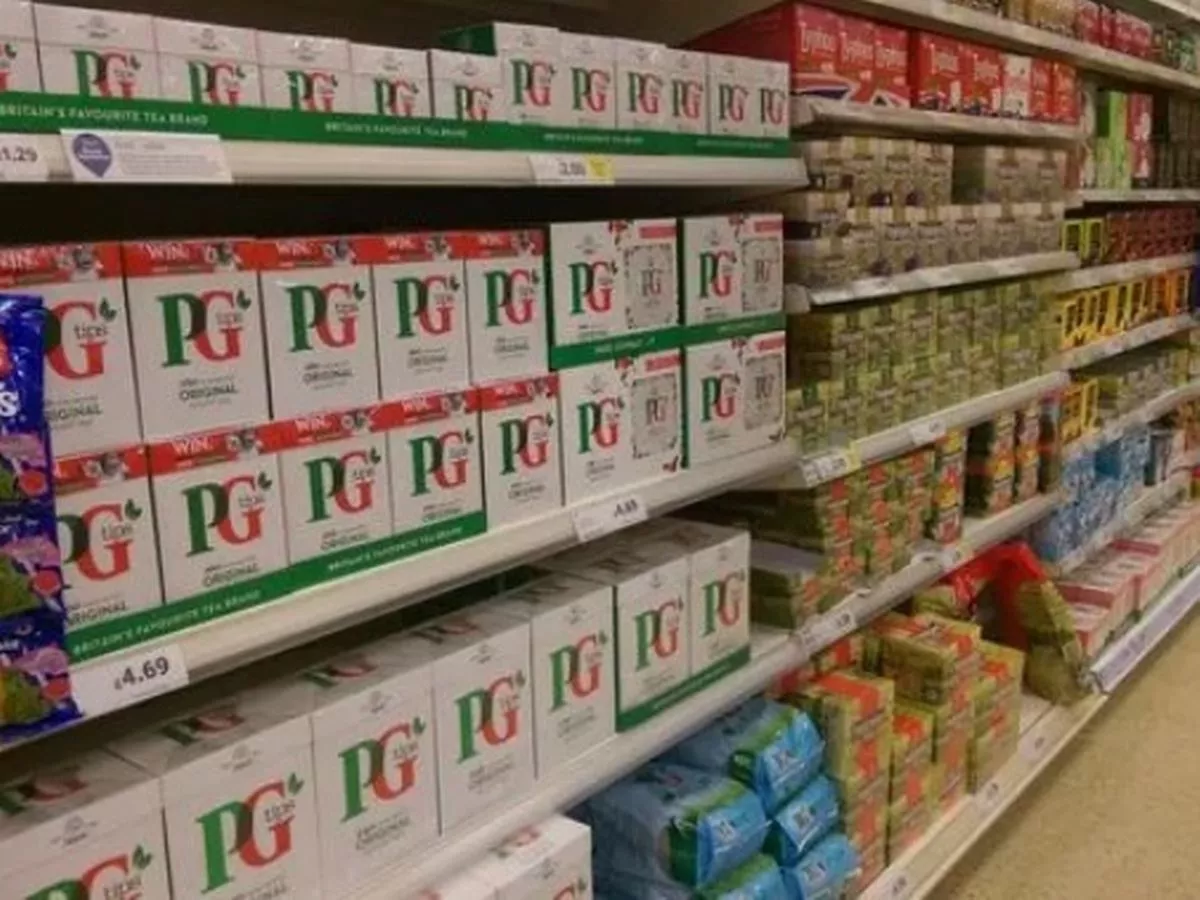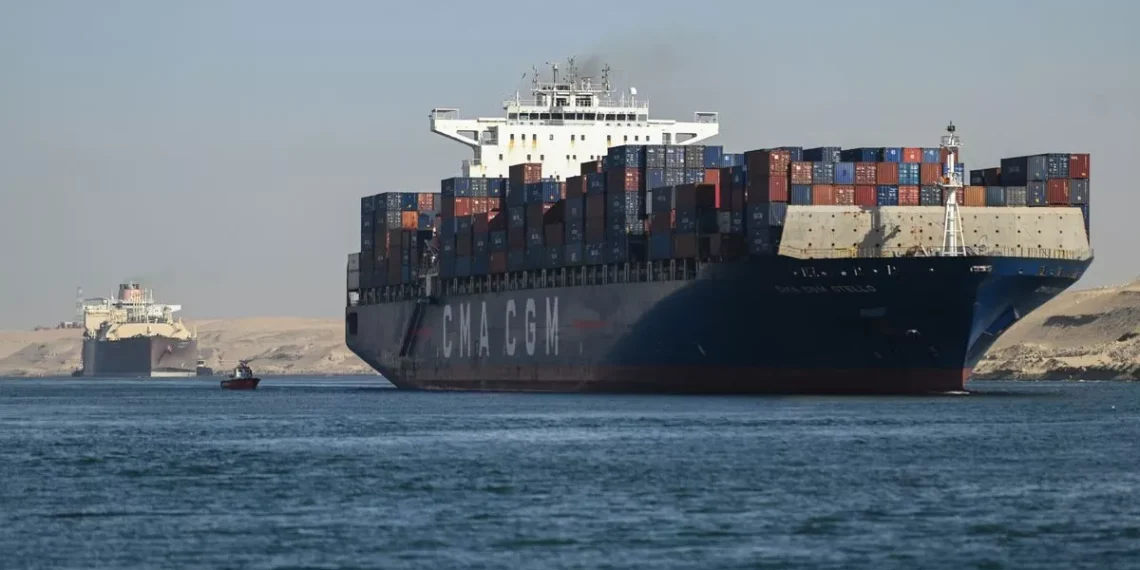Britons may encounter a scarcity of certain tea varieties, a beloved national beverage, as the supermarket sector alerts to supply risks arising from shipping disruptions in the Red Sea.
The British Retail Consortium noted “temporary disruption” in some black tea products, with delays also reported for flavored varieties. Although major supermarket chains currently display sufficient stock online, the duration of Red Sea shipping disturbances will determine potential shelf shortages across Europe.
This warning marks the first for a food item, following recent alerts from clothing retailers due to attacks by Iran-aligned Houthi militia affecting ships in the Red Sea region, impeding trade between Asia and Europe.
With over half of its imported tea coming from Kenya and India, the UK heavily relies on the Red Sea route. Tea is imported in raw form for processing and packaging, contributing to Britain’s position as the 10th largest tea exporter globally, as per the Institute of Export & International Trade.
Andrew Opie, Director of Food and Sustainability at the British Retail Consortium, assured that while some black tea lines are temporarily disrupted, retailers anticipate minimal consumer impact.
An industry insider familiar with UK manufacturing echoed this sentiment, expecting only minor shortages despite some delays.
Marco Forgione, Director General of the IEIT, highlighted tea as potentially the first of many items affected by the ongoing supply chain crisis.

Utilizing an alternative route around South Africa’s Cape of Good Hope could extend journey times by 10-14 days compared to the Red Sea and Suez Canal passage.
Several major UK clothing retailers, including Next, Pepco Group, Primark, and Matalan, have also expressed concerns over potential disruptions stemming from Red Sea shipping issues.





